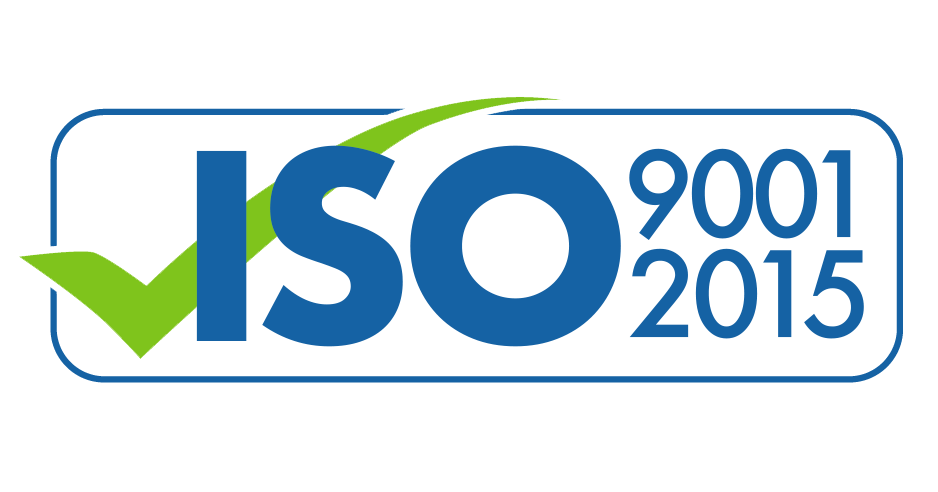Wg Cdr MPSudhir Kumar, Director BRiQ MSS
The new version of ISO 9001:2015 is different from its older version by several means and these are expected to engage organisation and its top management for better and faster growth in a much practical way and with far more considerations of internal & external issues and challenges. Some of the distinguishing reasons to go for ISO 9001:2015 are as follows:
- Interested parties and context-based quality management system: This now requires the organisation to set the contexts in terms of expectation by customers as well as other stake holders. It also has to consider organization culture, socio economic conditions, competency of its own people and others working for & on behalf of the organisation, the complexity of process, etc. Clause 4 deals with the context of the organisation and its alignment with strategic direction. Since internal and external interested parties, their expectation, issues and risks vary between one organization to other, the design and development of quality management system between them will also have to be different and the new version of ISO provides a more practical approach to quality management systems.
- Risk assessment and mitigation: Risk assessment and mitigation have been made an integral part of the standards as the consequences of delivering a non-conforming product may vary from customer to customer. Few of the risk may completely jeopardise the organisation’s own operation and purpose. The qualitative-risk-based thinking is a must for any organisation going for ISO 9001:2015. Clause 6.0 calls for identification of risks, plans to mitigate them, integrate them with the quality management system and methods to review them periodically. Based on the risks, associated quality management system has to be planned and controlled.
- Leadership: Demonstration of leadership and commitment by the top management is mandatory in present format of standards and are made accountable for effectiveness of quality management system. The various considerations for the effectiveness of QMS have been mentioned in standards.
- Knowledge management: Clause 7.1.6 requires defining the knowledge necessary to perform the work, knowledge need to be acquired, lessons learnt from successes as well as failure, internal and external sources of knowledge, availability of knowledge to the extent possible and its recording. This not only improves the knowledge required to perform but also the sustenance of improvement done in the organization in the long run.
- Improvement: Identifying areas of opportunity, making action plan to reduce non-conformity, improving customer satisfaction, processes and quality management system is mandatory as per clause 10. Improvement from breakthrough, transformations and innovations has also been included.
To get complete coverage on the new standard please call us at +91 9483601330/+91 7204648690

